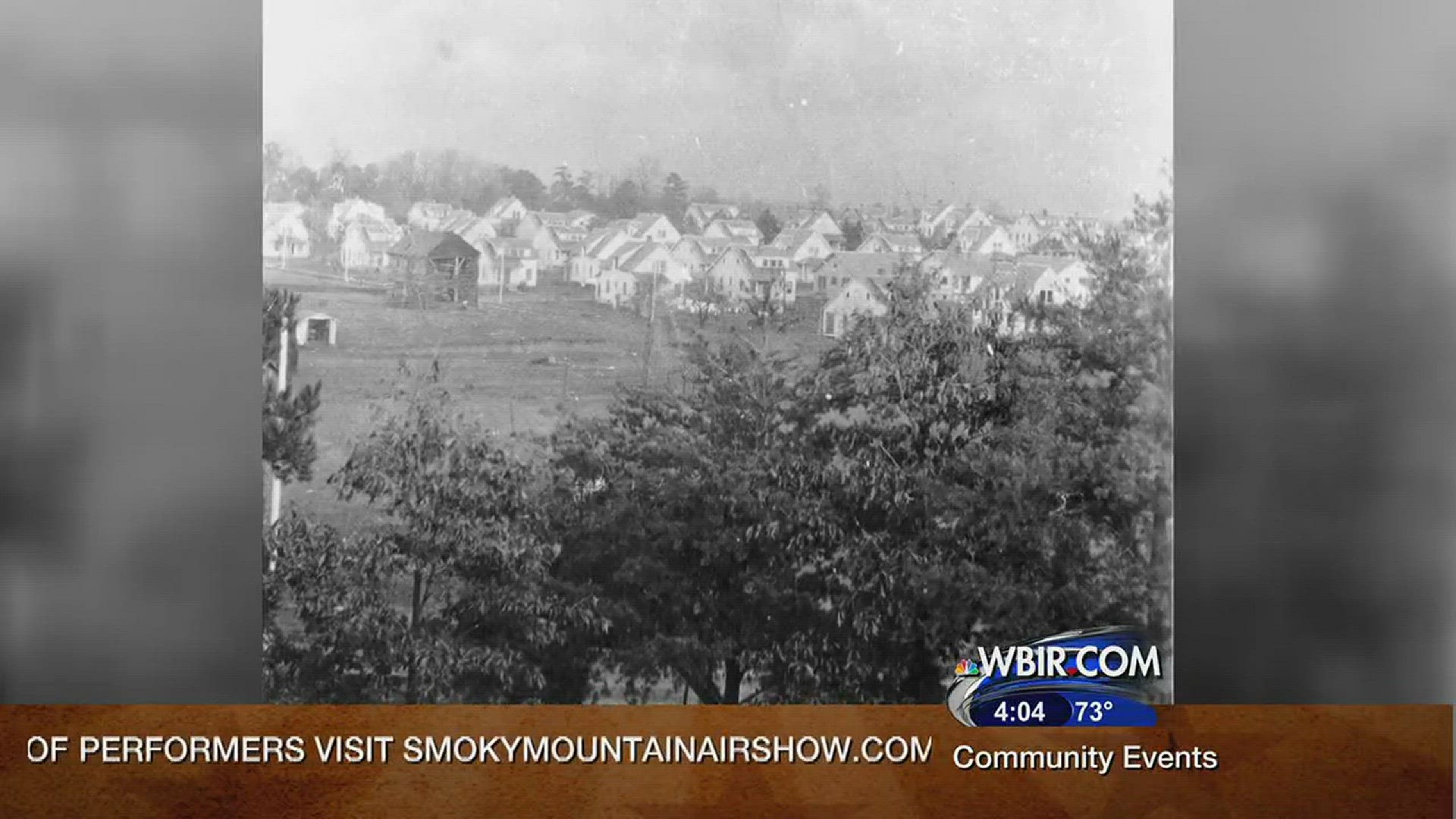There wouldn't be a city of Alcoa if it weren't for The Aluminum Company of America. In the early 1900's, the plant came to East Tennessee and began acquiring property rights and stock in the Knoxville Power Company-which held a franchise from the Tennessee General Assembly to build a dam on the Little Tennessee River.
"About 1913, they began construction of what would eventually came to be known as the south plant," said Blount County Circuit Court Judge David Duggan, who has co-authored a book on the city. "That was the smelting unit. Then, the communities followed the plant. You had the Hall and Basil communities that developed around the south plant where homes were built for the workers."
Other plants would follow including the West Plant in the Springbrook Community and during the 1940's, a North Plant where airplanes were built during World War II.
Judge Duggan says the Aluminum plant built neighborhoods to serve their employees and their families.
"They built the homes, they built the streets, they extended the utilites. They owned everything," said Duggan. "Early on, you could buy the homes and pay for them through your paycheck and have payments deducted or rental payments could be deducted."
Duggan says until about 1957, ALCOA the plant ran Alcoa the town.
"It was very much a company town, one where they company had a great concern about quality of life," said Duggan. "Alcoa, if it was not the first planned community in Tennessee, it was certainly one of the first."
Drive down any street near the plant and you'll see different shaped homes on streets named after engineers and scientists, some of whom worked with ALCOA.
"When they were constructed, Alcoa was considered to have the high\est percentage of homes with indoor plumbing in the state of Tennessee. That obviously stood out to people at the time," said Duggan
According to Judge Duggan, ALCOA put their employees first when developing the town.
"The company set aside one acre of park land for each 100 inhabitants, at least initially. That's what lead to the establishments of some of the (Springbrook) park."
Today, one of the plants is completely gone. Two others remain but the communities surrounding them continue to grow thanks to beautiful parks, greenways, a pool and, the duck pond.
"The proudest part for me is just the community that always existed,," said Judge David Duggan. "It was a small close-knit community. On Sunday, you would see your coaches and teachers in church and there was a real spirit of community here and I think it still exists."

